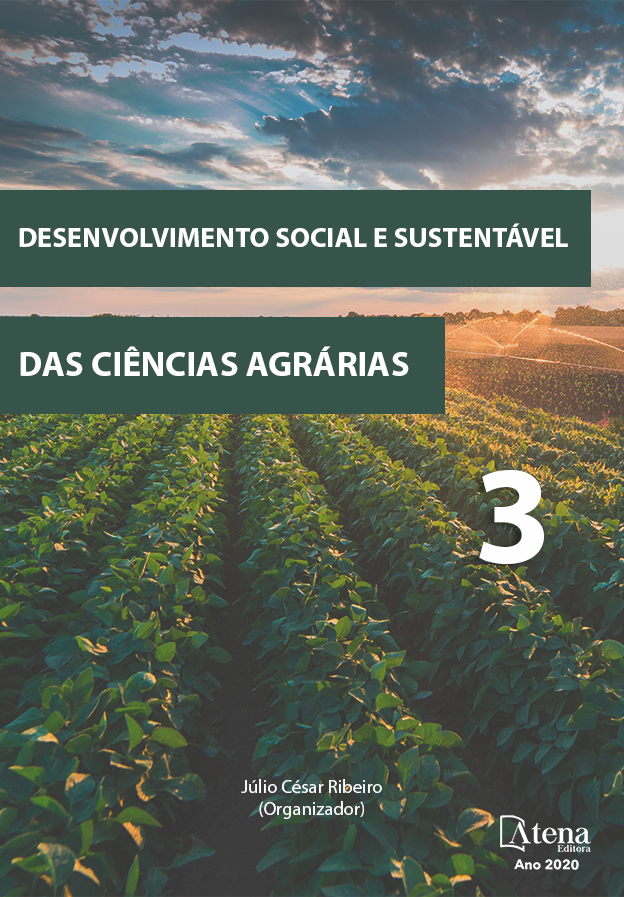
A IMPORTÂNCIA ECONÔMICA DA PROPRIEDADE INTELECTUAL PARA A BIOTECNOLOGIA – UMA ANÁLISE DA PRODUÇÃO (2013 – 2018) E DA EXPORTAÇÃO AGROPECUÁRIA (2015 – 2019).
Diante das descobertas no ramo da biotecnologia, tornou-se necessário o desenvolvimento de um mecanismo de proteção para encorajar novas pesquisas, de forma que estes inventistas tenham direitos temporais sobre suas invenções, e os devidos retornos financeiros sobre a aplicação de recursos durante a pesquisa, além disso contribuir para a sociedade com mais material intelectual, resultando em ganhos tanto na forma social quanto na econômica. Foi constato que após a legislação de proteção dos cultivares, os números de solicitações de patentes aumentaram, bem como a produtividade mundial e o número de países adeptos aos cultivares biotecnologicamente modificados. Os dados de produção por milhões/hectares mundial e a percentagem da participação das culturas genéticas vem aumentando anualmente. Desta forma, apresentando o valor econômico dos geneticamente modificados (GM), em um contexto global, onde os países tendem a aumentar suas produções para atender a demanda mundial, para galgarem maiores fatias do mercado internacional e assim aumentar seu poder de mercado sobre os país. Assim, sendo possível relacionar os GM com o total de participação nas exportações de um país, exemplo do Brasil: em 2019 dos U$225,4 bilhões da exportação, 18,7% é proveniente de GM, devido a proteção intelectual sobre as culturas modificadas.
A IMPORTÂNCIA ECONÔMICA DA PROPRIEDADE INTELECTUAL PARA A BIOTECNOLOGIA – UMA ANÁLISE DA PRODUÇÃO (2013 – 2018) E DA EXPORTAÇÃO AGROPECUÁRIA (2015 – 2019).
-
DOI: 10.22533/at.ed.72620141010
-
Palavras-chave: Propriedade Intelectual, Biotecnologia, Transgênico, Exportação
-
Keywords: Intellectual Property, Biotechnology, Transgenic, Export
-
Abstract:
In view of the discoveries in the field of biotechnology, it became necessary to develop a protection mechanism to encourage new research, so that these inventors have temporary rights over their inventions, and the due financial returns on the application of resources during the research, in addition to contributing to society with more intellectual material, resulting in gains in both social and economic forms. It was found that after the cultivar protection legislation, the number of patent applications increased, as well as the world productivity and the number of countries adhering to biotechnologically modified cultivars. The production data per million / hectares worldwide and the share of the share of genetic cultures has been increasing annually. In this way, presenting the economic value of genetically modified (GM), in a global context, where countries tend to increase their production to meet the world demand, to reach larger slices of the international market and thus increase their market power over the countries . Thus, it is possible to relate GMs to the total share of exports in a country, an example from Brazil: in 2019 of the $ 225.4 billion of exports, 18.7% comes from GM, due to intellectual protection on modified crops .
-
Número de páginas: 16
- EPAMINONDAS DA SILVA DOURADO


